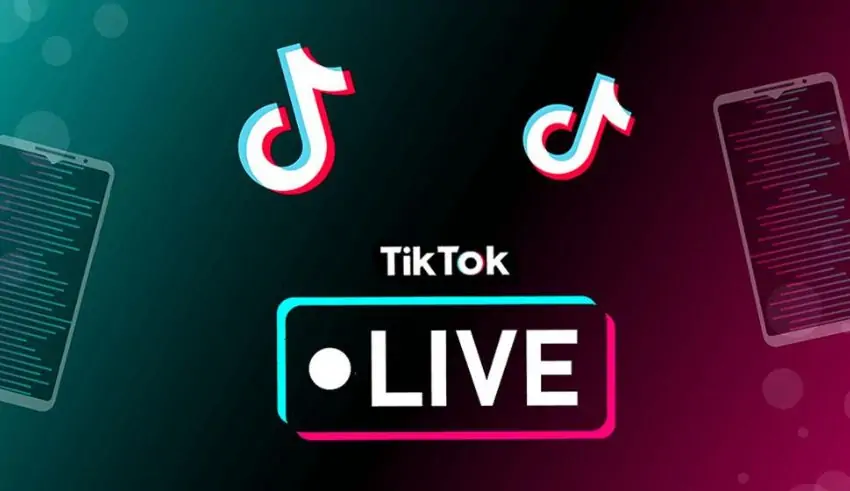

(C) Mega Digital
Vietnam is witnessing a growing trend of people who use the popular video-sharing app TikTok to make money from live streaming. These streamers, who often showcase their talents, hobbies, or opinions, attract large audiences and earn revenue from donations, advertisements, or sponsorships.
According to a report by the Vietnam Internet Association (VINA), TikTok live streaming has become one of the most popular forms of online entertainment in the country, with more than 100 million daily active users and over 10 billion video views per month. The report also found that 40% of TikTok users have engaged in live streaming at least once, and 20% have done so regularly.
Some of the most successful TikTok live streamers in Vietnam are:
These streamers say that they enjoy making money from TikTok because it allows them to express themselves creatively and connect with their fans. They also say that they have more flexibility and freedom than traditional jobs, as they can work from anywhere and anytime.
However, not everyone is happy with this trend. Some critics argue that TikTok live streaming is a form of exploitation that exploits the young generation for profit. They claim that some streamers are pressured to follow certain trends or topics to attract more viewers or sponsors, and that some viewers are addicted to watching these streams without engaging in meaningful discussions.
Moreover, some experts warn that TikTok live streaming may have negative effects on the mental health and well-being of the streamers and their audiences. They suggest that excessive exposure to social media may cause stress, anxiety, depression, or low self-esteem among some users.
Therefore, it is important for both streamers and viewers to be aware of the potential risks and benefits of TikTok live streaming as a new way of income generation in Vietnam.
Cricket fans, rejoice! The Olympic Council of Asia (OCA) has confirmed that cricket will be part of the 2026 Asian…
With economic growth fueled by families, Asia's stronghold will soon be on Bloomberg's list of Asia's richest families in the…
Malaysia has reached a historic milestone by ranking number one in the global Open Data Inventory (Odin) 2024/25, thanks to…
For Nogizaka46 fans, this May is going to offer a great opportunity to watch as their 6th Generation Members are…
The dual relationship between Malaysia and the Myanmar junta and National Unity Government (NUG) establishes a vital shift in how…
BLACKPINK's Lisa Declines to Perform at Miss Universe 2025 BLACKPINK's Lisa, who recently stole the limelight at the 2025 Coachella…
This website uses cookies.
Read More